Nasa detects ‘huge’ meteor explosion over Earth
The blast was around ten times more powerful than Hiroshima atomic bomb
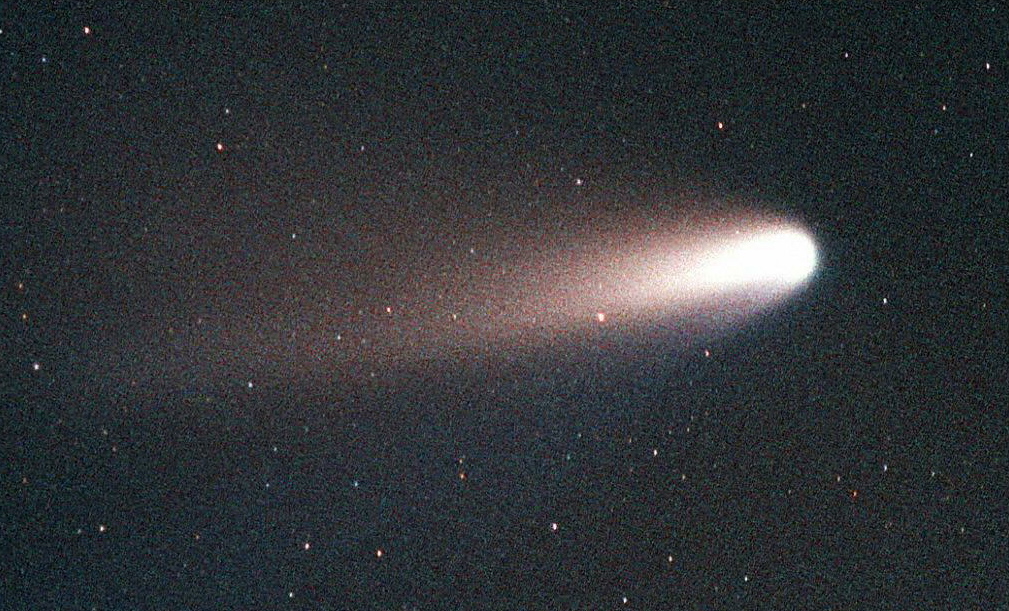
A free daily email with the biggest news stories of the day – and the best features from TheWeek.com
You are now subscribed
Your newsletter sign-up was successful
A huge meteor entered Earth’s atmosphere in December and exploded with ten times the force of the Hiroshima atomic bomb, Nasa has revealed.
The blast was the second-largest of its kind in the past century, behind a meteor that exploded over the Russian region of Chelyabinsk six years ago, reports Sky News.
But the recent explosion went largely unnoticed because it occurred above the Bering Sea, off the coast of the Kamchatka Peninsula in northern Russia, says the BBC.
The Week
Escape your echo chamber. Get the facts behind the news, plus analysis from multiple perspectives.

Sign up for The Week's Free Newsletters
From our morning news briefing to a weekly Good News Newsletter, get the best of The Week delivered directly to your inbox.
From our morning news briefing to a weekly Good News Newsletter, get the best of The Week delivered directly to your inbox.
The meteor measured “several metres in diameter” and entered the atmosphere on 18 December at a speed of 32km/s (71,600mph) on a “steep trajectory of seven degrees”, the broadcaster says.
It then exploded about 16 miles above the Earth’s surface, with an impact energy of 173 kilotonnes.
According to Lindley Johnson, Nasa’s planetary defence officer, the meteor exploded near a flight route commonly used by commercial airlines.
Researchers are now quizzing airlines about whether they witnessed the explosion.
A free daily email with the biggest news stories of the day – and the best features from TheWeek.com
Meteorites and asteroids of various sizes “pelt the Earth on a regular basis” but are usually too small to “cause widespread destruction”, the Daily Express notes.
The most recent strike to cause significant damage was that in Chelyabinsk, which was hit by a meteor measuring around 20 metres in diameter on 15 February 2013.
The blast damaged more than 7,000 buildings and injured around 1,000 people, many of whom were standing near windows to record the meteor on their phones.
It was the largest such event since 1908, where a meteor destroyed 770 square miles of Siberian forest, says Sky.
-
 The Olympic timekeepers keeping the Games on track
The Olympic timekeepers keeping the Games on trackUnder the Radar Swiss watchmaking giant Omega has been at the finish line of every Olympic Games for nearly 100 years
-
 Will increasing tensions with Iran boil over into war?
Will increasing tensions with Iran boil over into war?Today’s Big Question President Donald Trump has recently been threatening the country
-
 Corruption: The spy sheikh and the president
Corruption: The spy sheikh and the presidentFeature Trump is at the center of another scandal
-
 Data centers could soon be orbiting in space
Data centers could soon be orbiting in spaceUnder the radar The AI revolution is going cosmic
-
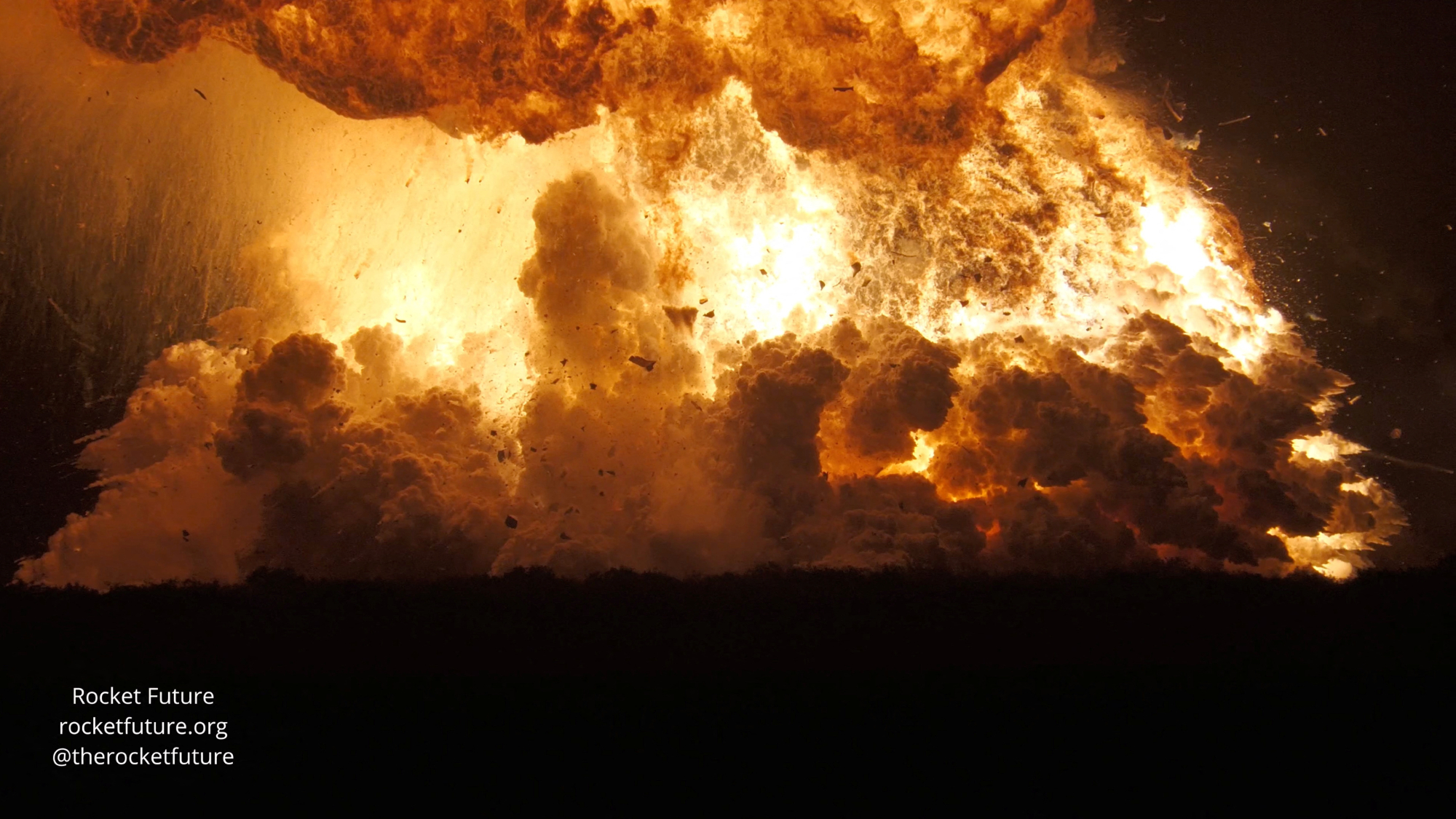 Another Starship blast sets back Musk's Mars hopes
Another Starship blast sets back Musk's Mars hopesSpeed Read Nobody was killed in the explosion, which occurred in south Texas
-
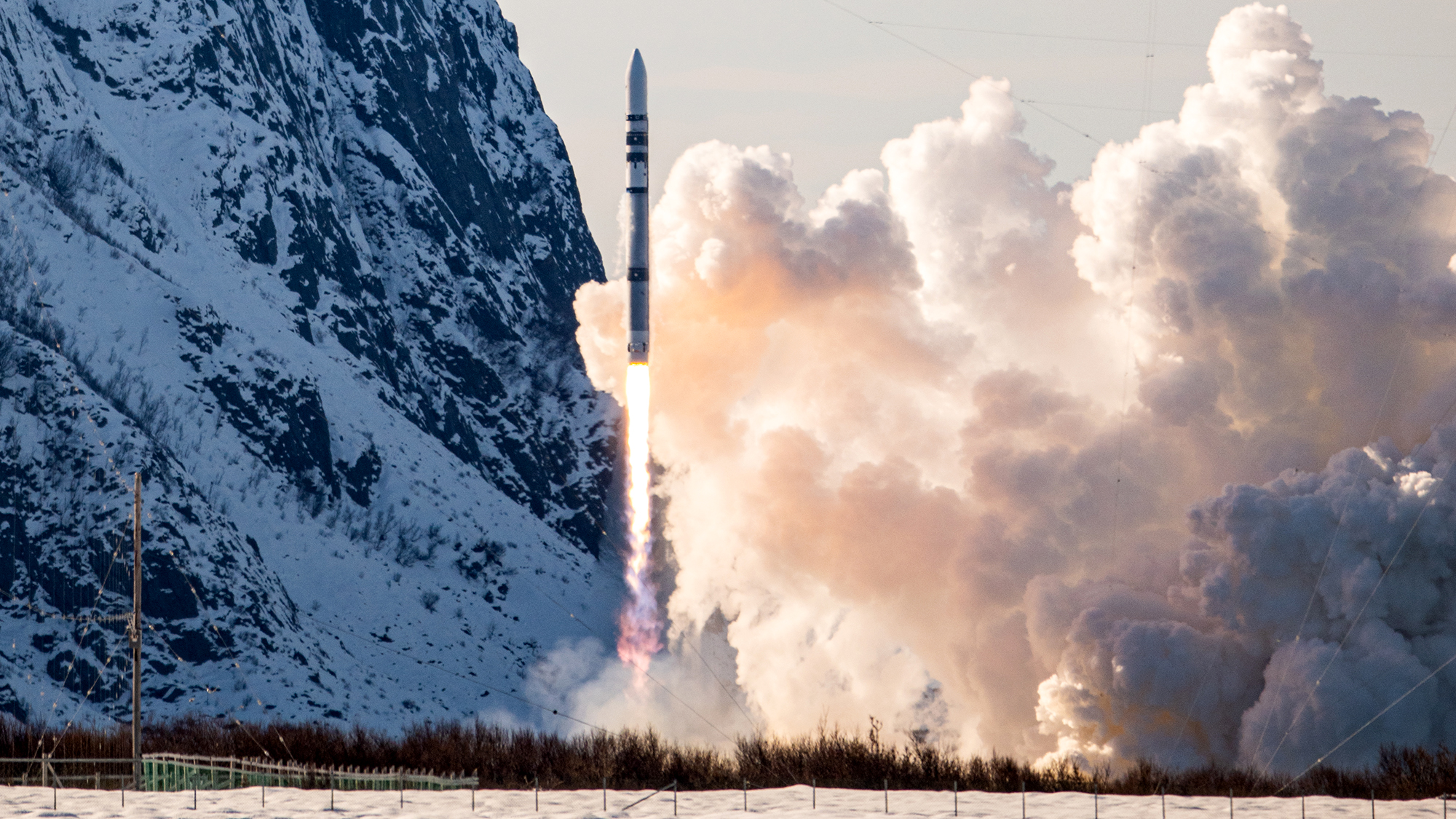 Test flight of orbital rocket from Europe explodes
Test flight of orbital rocket from Europe explodesSpeed Read Isar Aerospace conducted the first test flight of the Spectrum orbital rocket, which crashed after takeoff
-
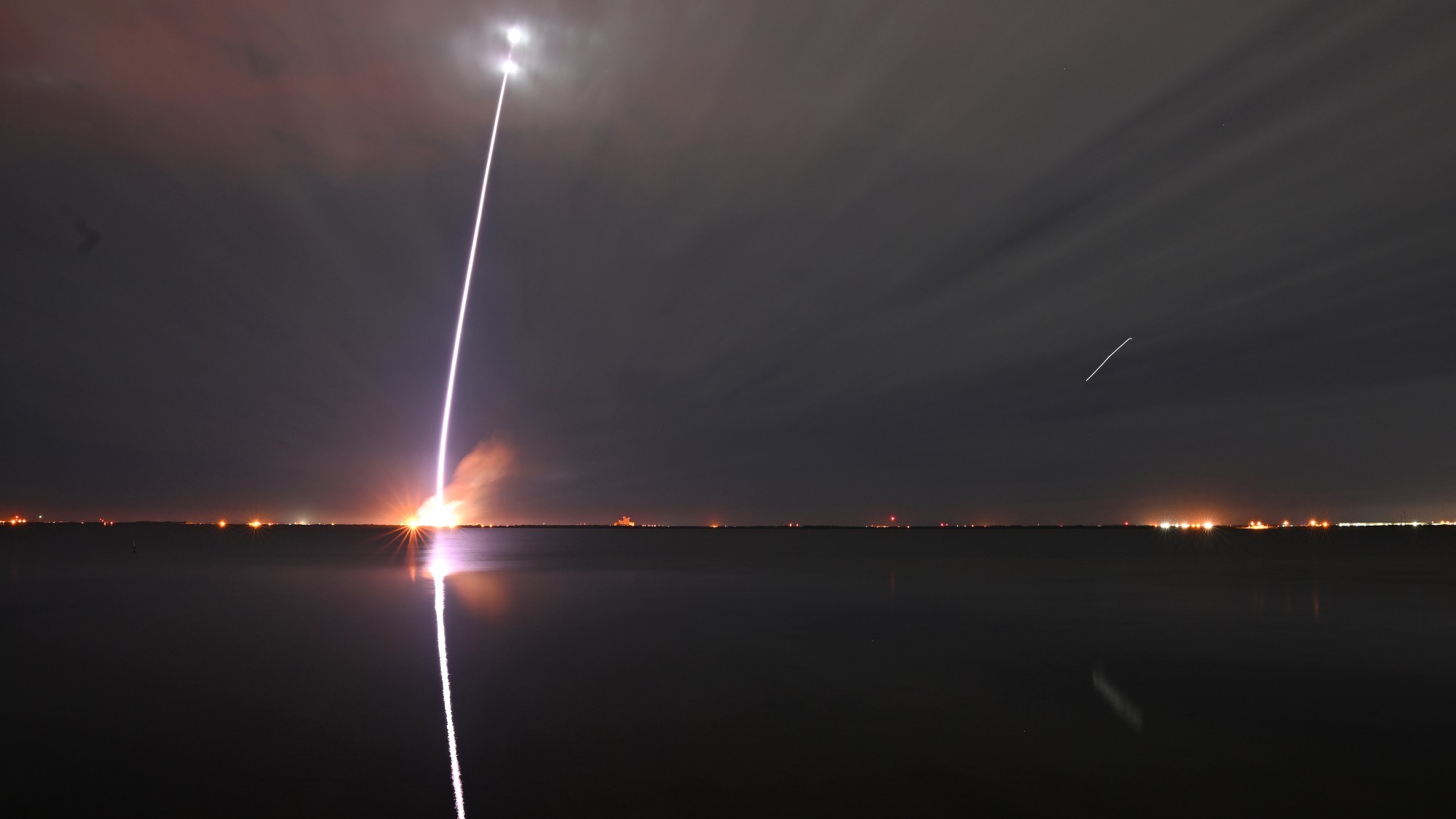 Jeff Bezos, Elon Musk and the billionaire space race
Jeff Bezos, Elon Musk and the billionaire space raceThe Explainer Tesla CEO and Amazon founder vie for dominance of satellite launch market and could influence Nasa plans to return to Moon
-
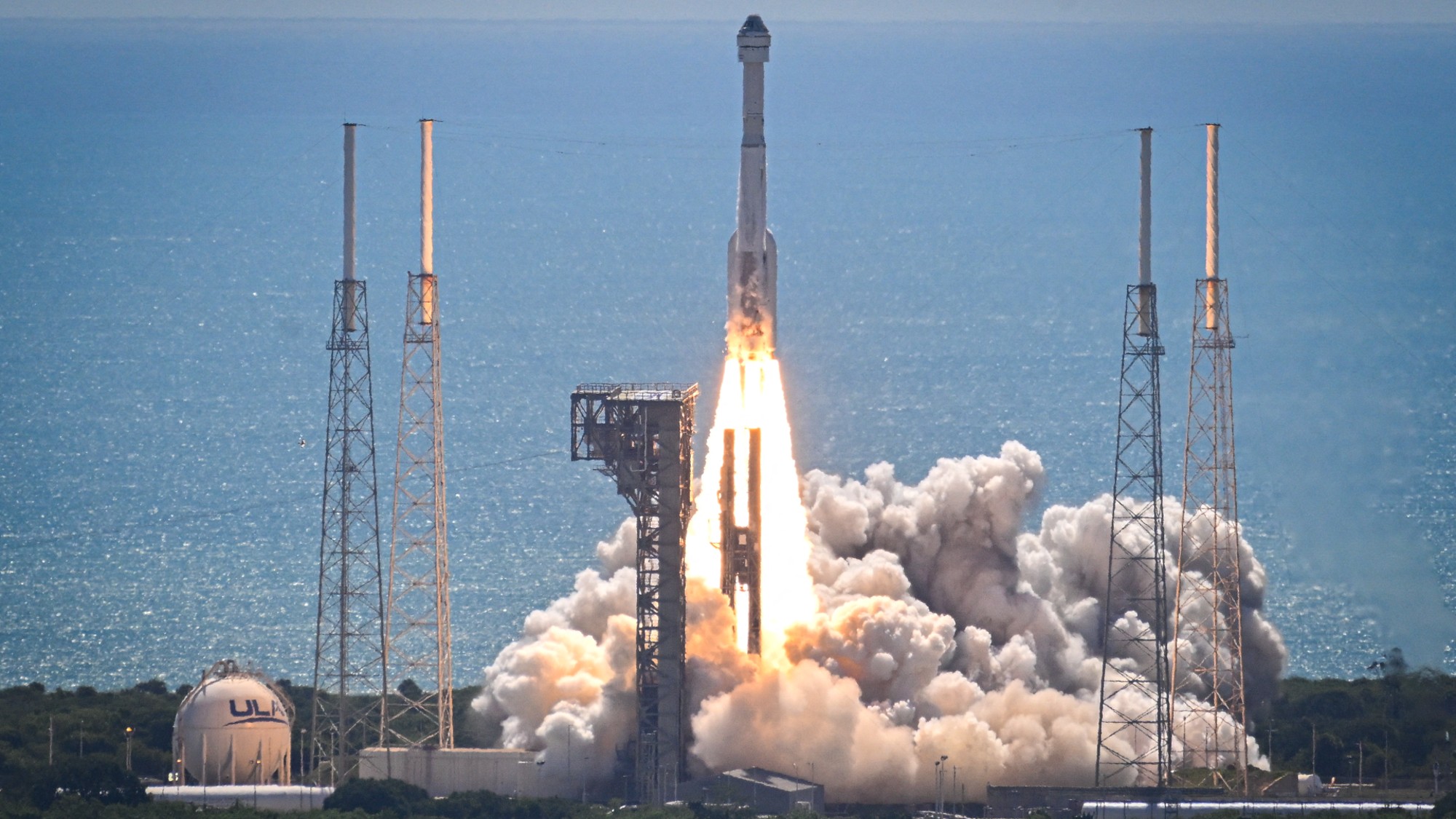 Starliner: What went wrong?
Starliner: What went wrong?Today's Big Question Boeing spacecraft has had a 'long, difficult road'
-
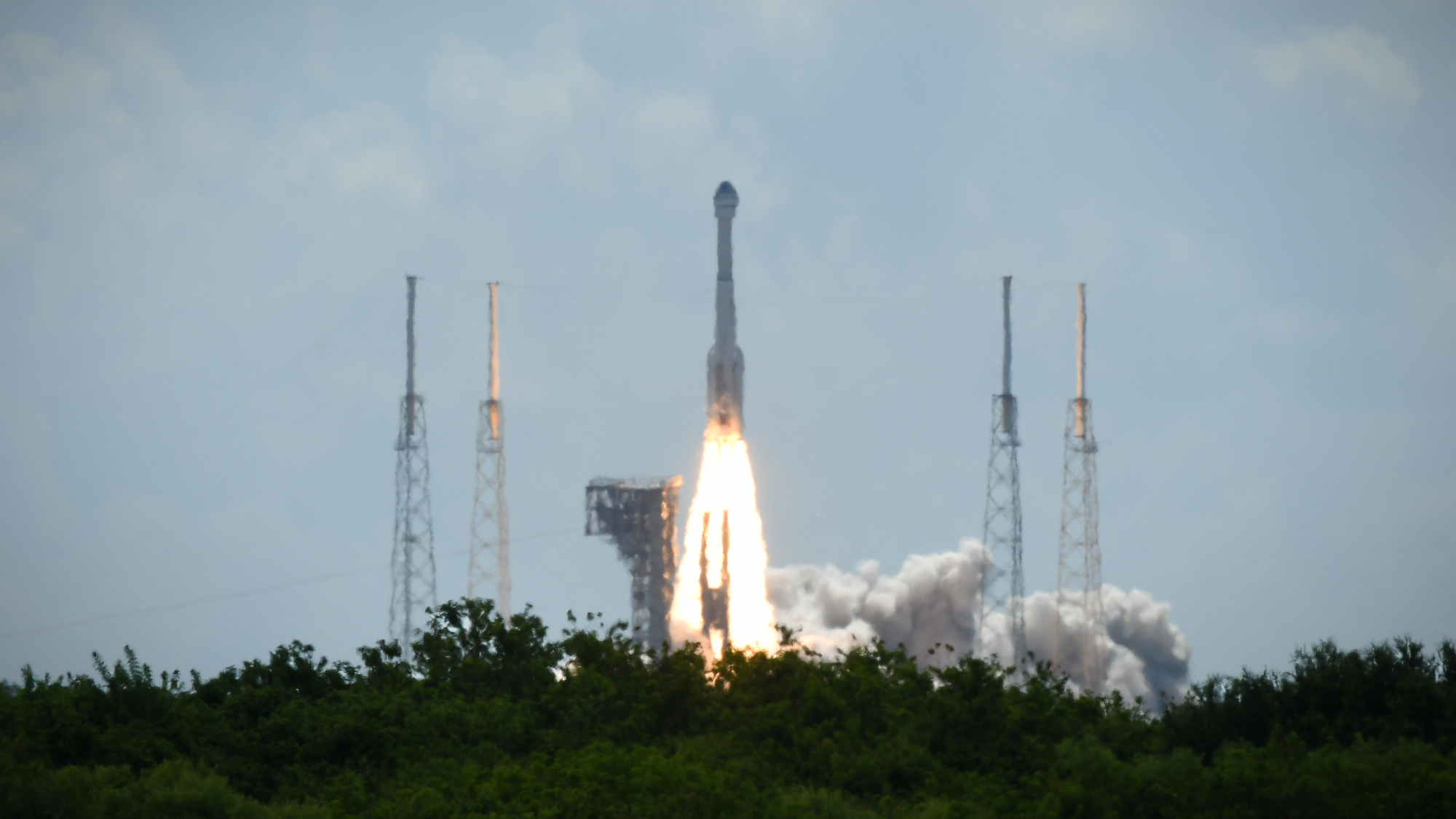 Boeing, SpaceX successfully test key rockets
Boeing, SpaceX successfully test key rocketsSpeed Read Boeing’s Starliner docked at the ISS and SpaceX completed its fourth test launch of its Starship spacecraft
-
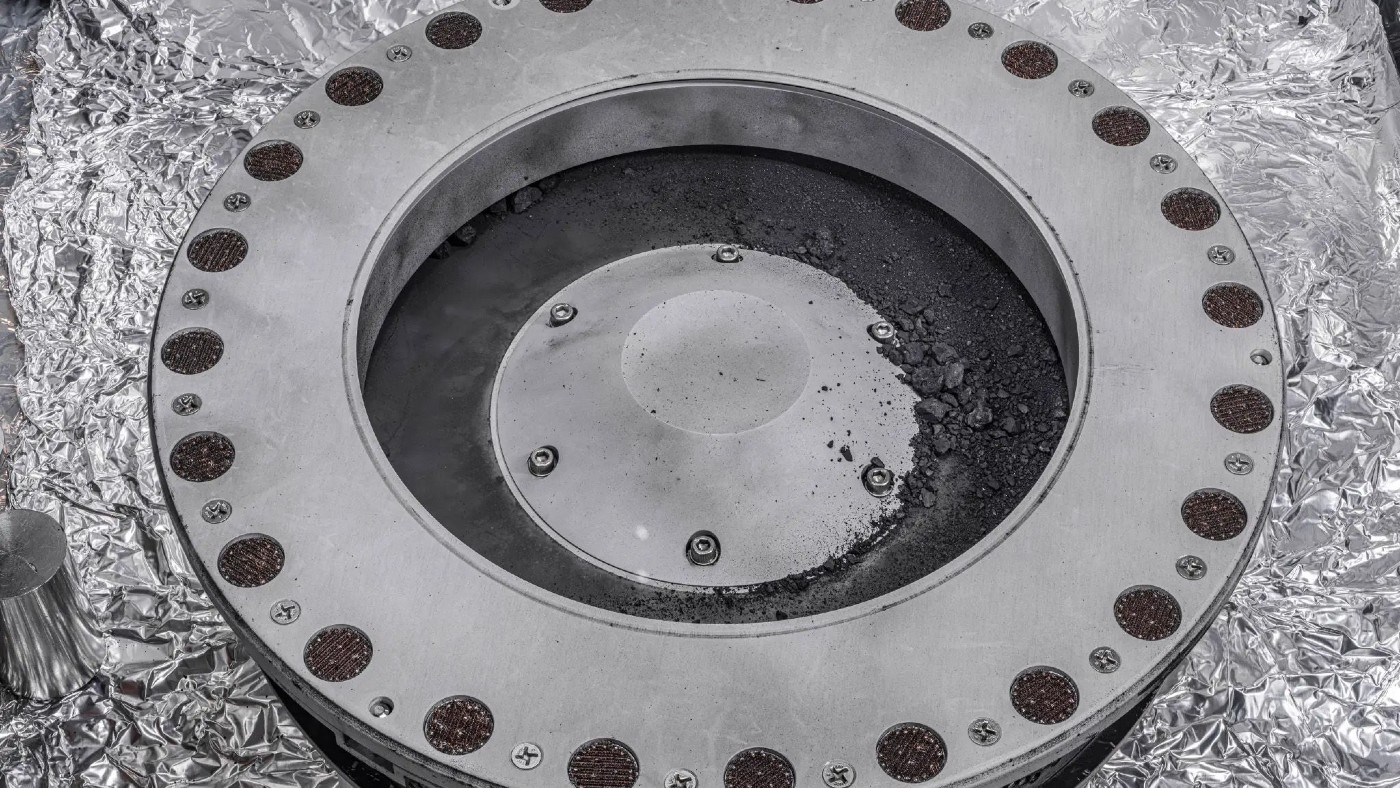 Nasa reveals first findings from asteroid that could explain origins of life
Nasa reveals first findings from asteroid that could explain origins of lifeSpeed Read Sample from Bennu has been found to contain an abundance of water and carbon
-
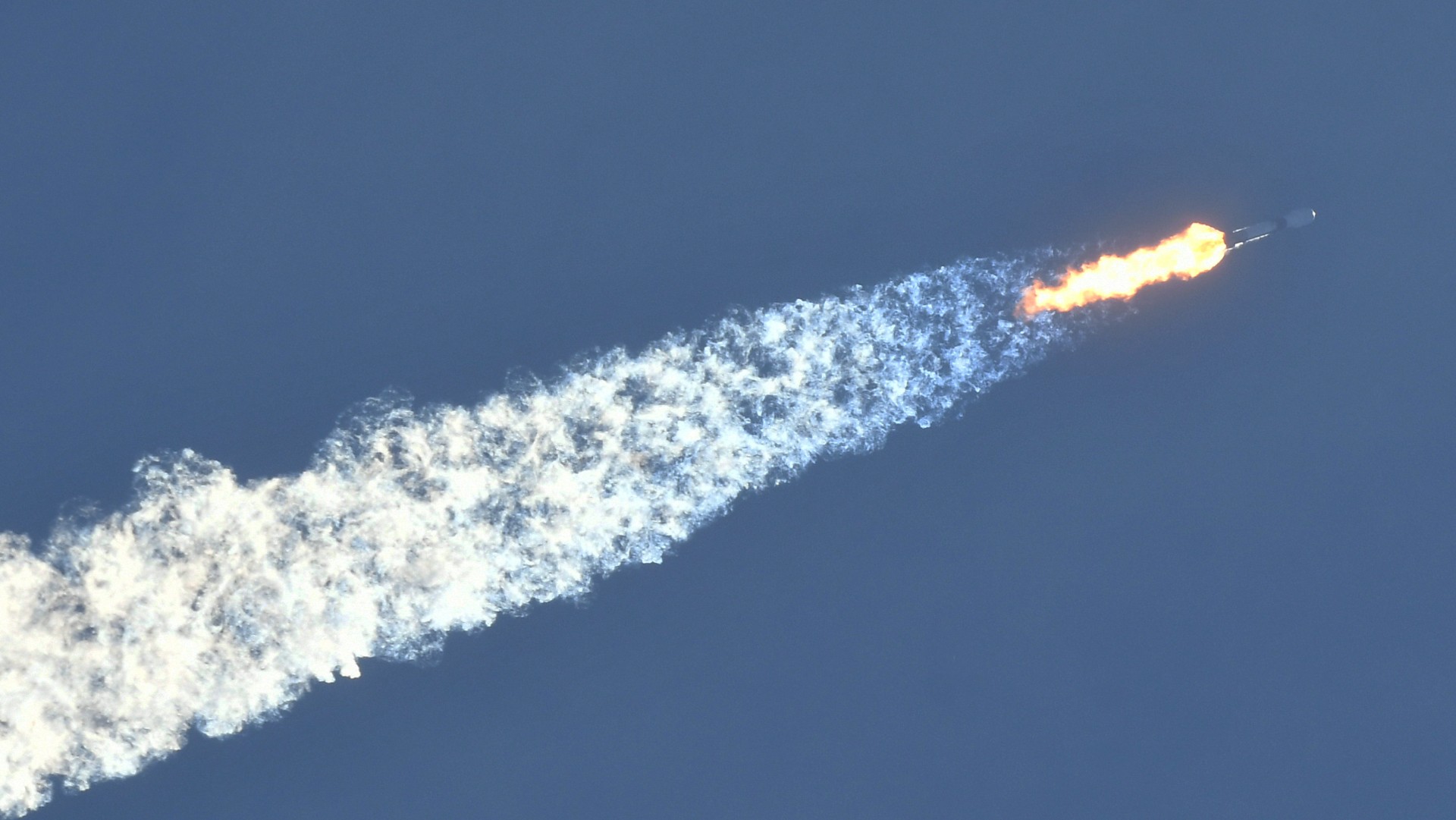 How worried we should be about space debris
How worried we should be about space debrisfeature As part of a rocket washes up in Australia scientists warn ‘critical mass’ of orbital junk could only be decades away